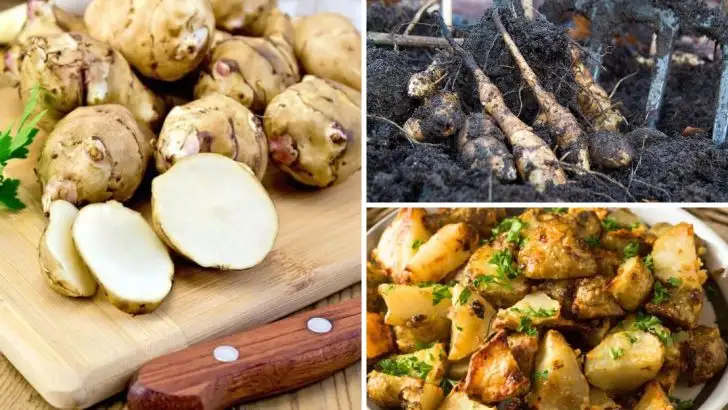If you’ve never heard of a Jerusalem artichoke, you’re not alone—and no, it’s not from Jerusalem, and it’s definitely not an artichoke. This knobby little root, also called a sunchoke, flies way under the radar in most home gardens, despite being easier to grow than potatoes and surprisingly versatile in the kitchen. It’s the kind of crop that quietly checks all the boxes but somehow never makes the popularity list.
Jerusalem artichokes grow like weeds (in a good way), come back every year, and don’t ask for much—just a sunny spot and a little patience. They’re rich in prebiotic fiber, nutty-sweet when roasted, and make for a great low-carb alternative to spuds. So why isn’t everyone planting them? It might come down to looks (they’re not winning beauty contests anytime soon) or the fact that they’re just not on many people’s radar. But once you give them a try, it’s hard not to wonder why they aren’t a garden staple.
Nutritional Powerhouse
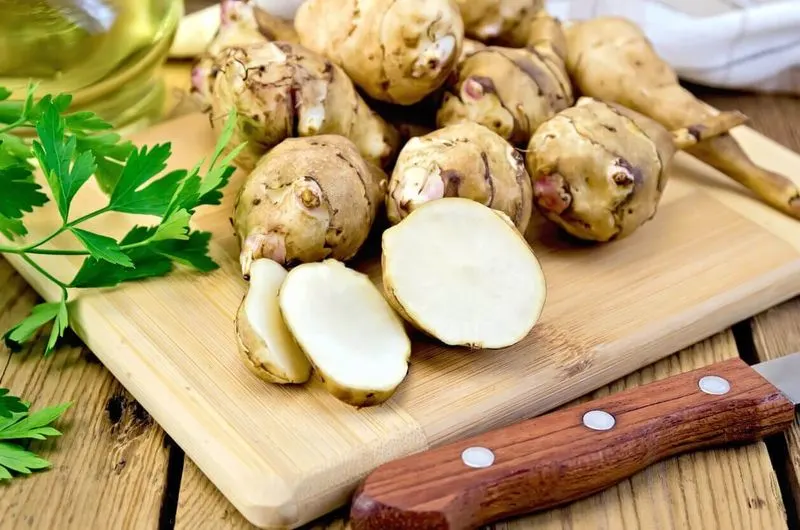
Rich in inulin, a soluble fiber, Jerusalem artichokes support gut health and regulate blood sugar levels. This makes them ideal for diabetics and those conscious of glucose intake. Bursting with vitamins like B1, B2, and C, they boost energy and immunity. With a delightful nutty flavor, these tubers can be enjoyed raw or cooked. Their unique texture adds a crunchy contrast to salads or a creamy depth to soups. Did you know they contain more potassium than bananas? They’re a heart-healthy choice too! Packed with iron, they combat fatigue and support overall vitality.
Easy Cultivation
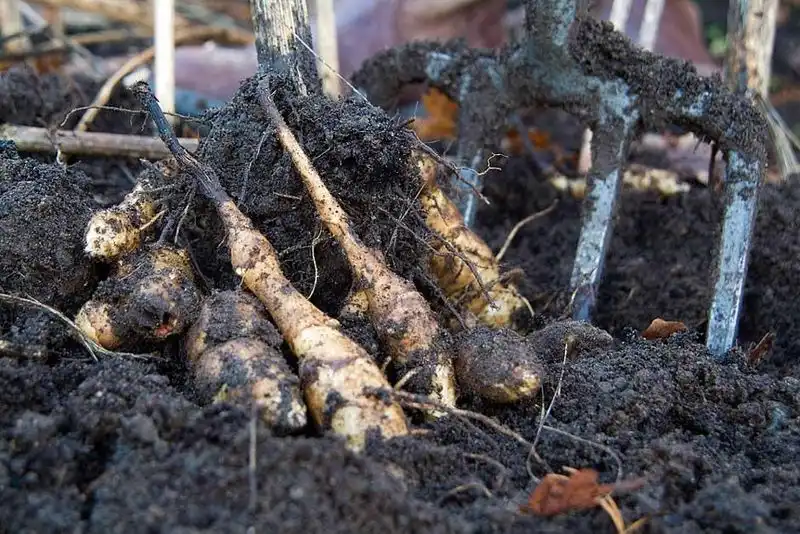
Jerusalem artichokes are remarkably easy to grow, thriving in various soil types without the need for fertilizers. These resilient plants withstand harsh conditions, making them a perfect low-maintenance crop for home gardeners. Plant them in spring, and by fall, enjoy a bountiful harvest. Their sunflower-like blooms add beauty to any garden. Invasive in nature, they require space to spread, but this means less competition from weeds. Once planted, they return year after year, reducing the need for replanting. Perfect for sustainable and eco-friendly gardening enthusiasts.
Culinary Versatility
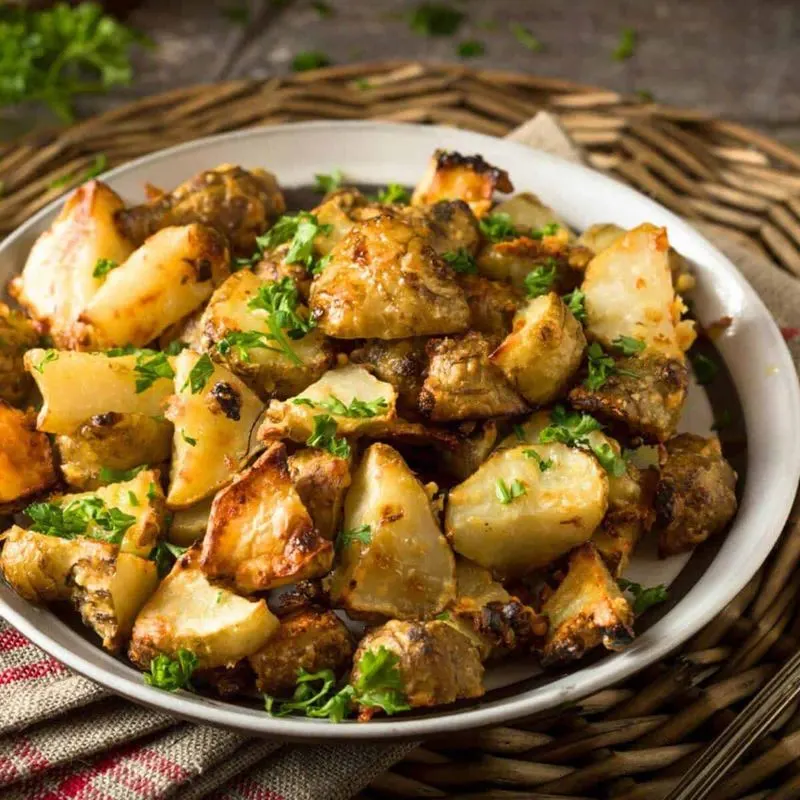
The Jerusalem artichoke’s culinary potential is vast and delightful. Its crisp texture makes it an excellent addition to salads while roasting enhances its sweet, nutty flavors. Blend them into soups for a velvety texture or slice thinly for chips. With a flavor profile similar to water chestnuts, they adapt well to various cuisines. Their unique taste pairs beautifully with aromatic herbs and spices. Even pickling brings out a whole new dimension of flavor. Whether raw, cooked, or preserved, they offer endless opportunities for creativity in the kitchen.
Historical Significance
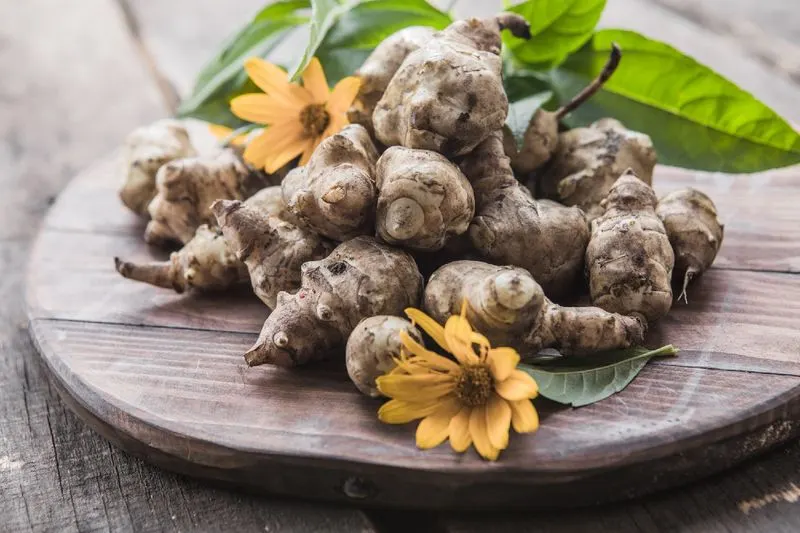
Native to North America, Jerusalem artichokes played a vital role in the diet of indigenous peoples and early settlers. Their easy cultivation and storage made them a staple food during harsh winters. Despite their misleading name, these tubers have no connection to Jerusalem, nor are they artichokes. The name likely evolved from the Italian word ‘girasole,’ meaning sunflower. Rediscovered by modern chefs, they are celebrated for their heritage and adaptability. Preserving these culinary traditions offers a taste of history on every plate. Their story is as rich as their flavor.
Environmental Benefits
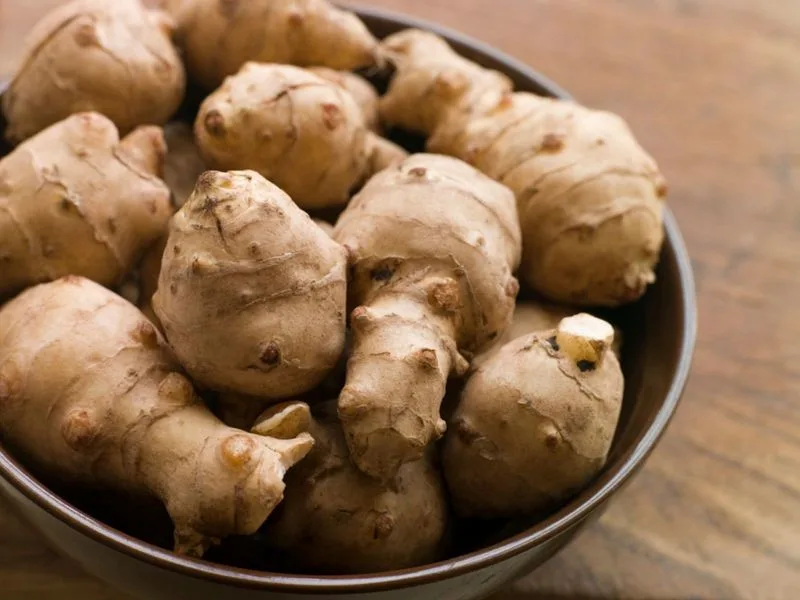
Jerusalem artichokes are champions in sustainable agriculture. Their robust growth reduces the need for chemical fertilizers and pesticides. They improve soil health by enhancing microbial activity and adding organic matter. These plants also sequester carbon, contributing to climate change mitigation. As a perennial crop, they require less water than annuals, making them drought-resistant. By choosing Jerusalem artichokes, you support biodiversity and eco-friendly farming. Their cultivation encourages a healthier planet while providing nutritious food. These tubers offer a win-win for both farmers and the environment.
Cultural Connections
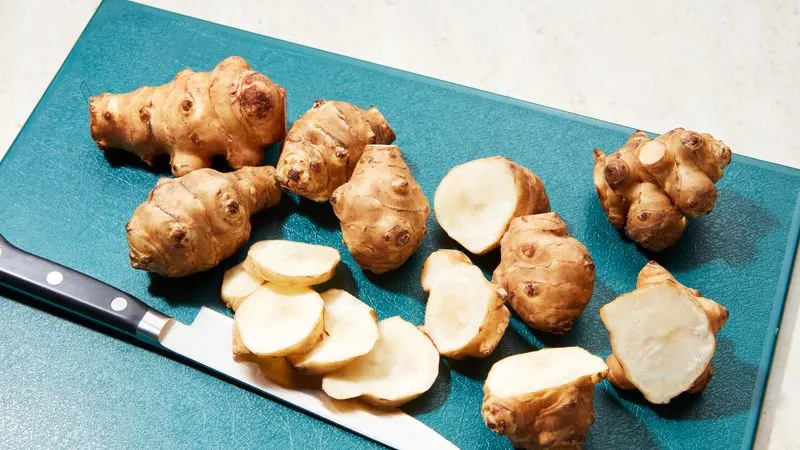
Beyond their culinary and agricultural significance, Jerusalem artichokes have woven themselves into cultural narratives. In Europe, especially in France, they are cherished in gourmet circles for their unique taste. Known as ‘topinambour,’ they feature in exquisite dishes. Across various cultures, these tubers symbolize resilience and adaptability, often used in traditional remedies. Their intriguing history and name add a layer of mystery, inviting exploration. Celebrated in festivals and local markets, they bring communities together, fostering appreciation for heritage foods. Their cultural richness parallels their diverse applications.
Potential Market Value
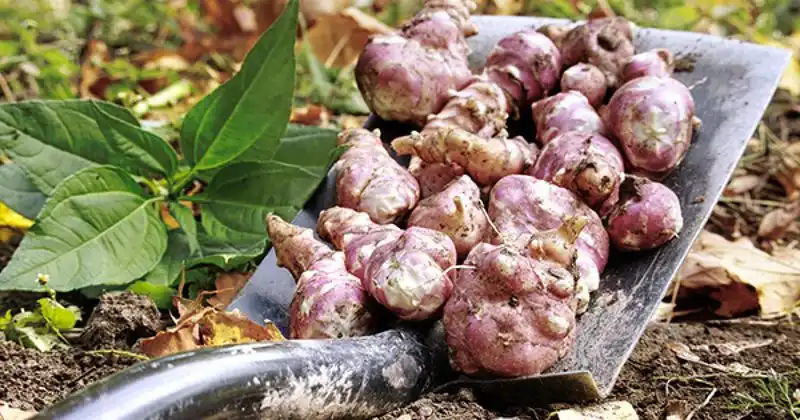
Despite being undervalued, Jerusalem artichokes present promising market opportunities. Their nutritional profile and eco-friendly growth appeal to health-conscious consumers. As more chefs and food enthusiasts explore their versatility, demand is poised to rise. They offer farmers a lucrative niche market, with potential for premium pricing. With interest in plant-based diets increasing, these tubers fit perfectly into sustainable food trends. Creating awareness and marketing their benefits could unlock their potential. They represent an untapped resource, waiting to be embraced by modern agriculture. Investing in Jerusalem artichokes could yield substantial rewards.

